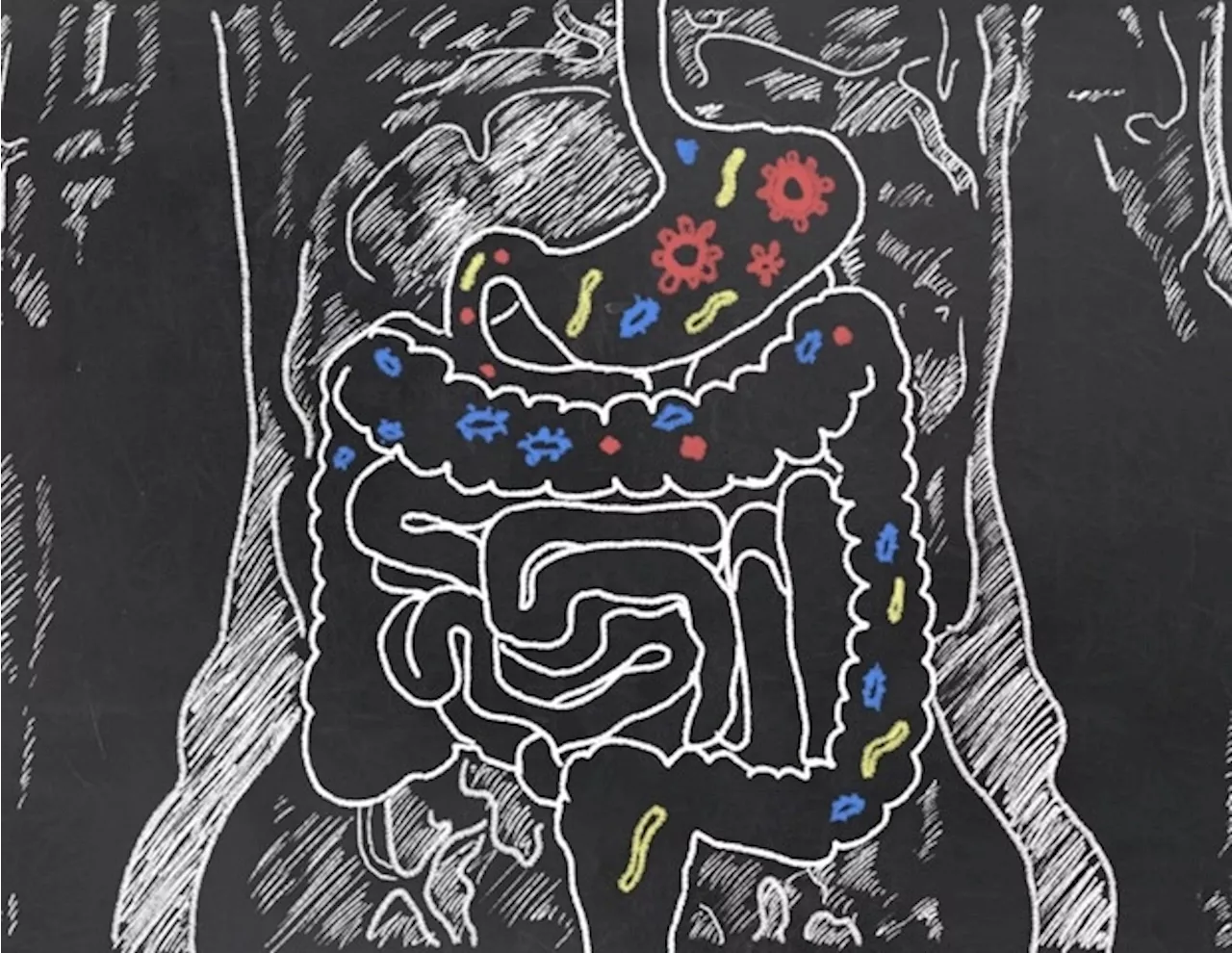In the gut, dozens of strains of bacteria exert different effects on the immune system that in turn impact our health – fending off pathogens, helping digest food and maybe even influencing behavior. But pinpointing which bacteria exert which effects has been challenging.
American Association for the Advancement of Science Jul 4 2024 For developing a method by which to zero in on individual gut bacterium's impacts on T cells, Kazuki Nagashima, a senior research scientist at Stanford University, is the winner of this year's NOSTER & Science Microbiome Prize, which rewards innovative research by young investigators working on attributes of the microbiota with potential to guide therapeutic interventions.
"For the NOSTER/Science Prize, 2024 has been a truly blockbuster year in more ways than one," said Caroline Ashle, senior editor at Science. "It is heartening to see such high quality science from a new generation of extremely motivated young scientists, who succeed in doing fantastic research despite today's huge challenges."
But the question of how gut T cells interact with a full gut microbiome – all the different bacterial species – remained open. To explore this further, Nagashima and his colleagues evaluated the responses of T cells from mice to each bacterial member of the synthetic gut microbiome. "We cocultured T cells with each strain in the bacterial community-;one at a time," he explained.
Looking at T cell responses to each of the strains, however, they observed something intriguing. Contrary to what was expected, some T cells were stimulated by multiple bacterial strains. The understanding of the power of these particular T cells, as they interact with the gut, holds therapeutic implications, including for improving cancer therapies involving CAR T cells.
Bacteria Brain Cell Food Immune System Research
United States Latest News, United States Headlines
Similar News:You can also read news stories similar to this one that we have collected from other news sources.
 Surprising link between a diverse oral microbiome and better cognitive function in agingStudy found that higher oral microbiome diversity is linked to better cognitive function and fewer memory issues in older US adults, highlighting the 'oral-brain axis.'
Surprising link between a diverse oral microbiome and better cognitive function in agingStudy found that higher oral microbiome diversity is linked to better cognitive function and fewer memory issues in older US adults, highlighting the 'oral-brain axis.'
Read more »
 New study reveals gut microbiome's critical role in aging and heart diseaseResearchers in China discovered that gut microbiome diversity, influenced by metabolic health and age, significantly impacts cardiovascular disease risk.
New study reveals gut microbiome's critical role in aging and heart diseaseResearchers in China discovered that gut microbiome diversity, influenced by metabolic health and age, significantly impacts cardiovascular disease risk.
Read more »
 Research suggests activity in the gut microbiome and brain shapes resiliencyA new UCLA Health study has found that resilient people exhibit neural activity in the brain regions associated with improved cognition and regulating of emotions, and were more mindful and better at describing their feelings. The same group also exhibited gut microbiome activity linked to a healthy gut, with reduced inflammation and gut barrier.
Research suggests activity in the gut microbiome and brain shapes resiliencyA new UCLA Health study has found that resilient people exhibit neural activity in the brain regions associated with improved cognition and regulating of emotions, and were more mindful and better at describing their feelings. The same group also exhibited gut microbiome activity linked to a healthy gut, with reduced inflammation and gut barrier.
Read more »
 Ingestible microbiome sampling pill technology advances toward human clinical trialsSignificant progress has been made at Tufts University School of Engineering in the development of a small device, about the size of a vitamin pill, that can be swallowed and passed through the gastrointestinal tract to sample the full inventory of microorganisms in an individual's gastro-intestinal tract.
Ingestible microbiome sampling pill technology advances toward human clinical trialsSignificant progress has been made at Tufts University School of Engineering in the development of a small device, about the size of a vitamin pill, that can be swallowed and passed through the gastrointestinal tract to sample the full inventory of microorganisms in an individual's gastro-intestinal tract.
Read more »
 Sugary drinks disrupt the salivary microbiomeA study in Scientific Reports found that high-sugar beverage consumption can lead to pathogenic changes in the oral microbiota, reducing bacterial diversity and increasing acid-producing bacteria.
Sugary drinks disrupt the salivary microbiomeA study in Scientific Reports found that high-sugar beverage consumption can lead to pathogenic changes in the oral microbiota, reducing bacterial diversity and increasing acid-producing bacteria.
Read more »
 Research shows protein-rich diets may influence gut microbiome and body compositionNew research has shed light on the effects of protein-rich diets on the gut microbiome and overall health. Despite the increasing protein intake in Western diets, especially among athletes and individuals with obesity, the fate of undigested protein and its impact on human health remains largely unknown.
Research shows protein-rich diets may influence gut microbiome and body compositionNew research has shed light on the effects of protein-rich diets on the gut microbiome and overall health. Despite the increasing protein intake in Western diets, especially among athletes and individuals with obesity, the fate of undigested protein and its impact on human health remains largely unknown.
Read more »
